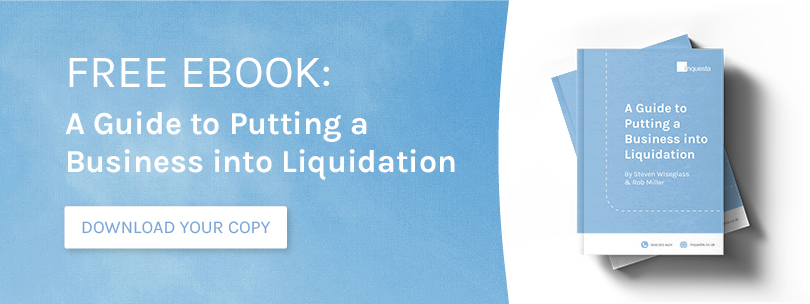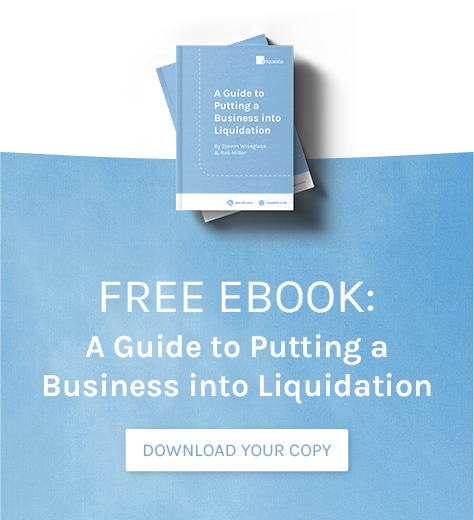In early May, the government launched the Bounce Back Loan Scheme (BBLS) to support SMEs struggling with cashflow as a result of the coronavirus pandemic.
The loan has a flat interest rate, no upfront fees and, in the first year, interest costs are covered by the government. After 12 months, the interest rate will be 2.5% per year.
It is important to remember that these are loans and not grants. It is not ‘free money’. Companies still need to work closely with their accountants, factoring repayments into their cash flow to ensure they can afford them.
The government has guaranteed these loans in their entirety. This means that directors have not had to provide personal guarantees.
Should the company subsequently enter into creditors’ voluntary liquidation, the Bounce Back Loan will rank alongside other unsecured creditors. Upon liquidation, the debt will crystallise, and the bank will ultimately demand repayment from the government. Liability cannot be transferred to directors or shareholders.
A word of caution: Whilst the government’s new Insolvency Bill proposes a suspension of the ‘wrongful trading’ provision, it explicitly states that other forms of liability, such as fraudulent trading, are not suspended.
A future liquidator would still have a duty to investigate the conduct of the director and the affairs of the company. Liquidators have an ongoing obligation to identify possible misuse of such monies by unscrupulous directors.
Examples could include using the monies to clear an overdrawn director’s loan account in its entirety, rather than using the monies to support continued trading. Evidence of continued preference payments to one creditor over another, particularly to connected parties, could also result in closer examination by a liquidator.
Directors using the loan in the right way, to save their business, would likely have no cause for concern. The government is no doubt aware that, in the current economic environment, many companies taking out the loan could still fail.
However, as in ordinary times, it is advisable to proceed with caution, take professional advice and document the reasons behind business decisions.



